Application schedule for March 2018 admission:
- Application: 2017.08.22(Tue)-2017.09.07(Thu), 18:00
- Document submission: 2017.08.22(Tue)-2017.09.08(Fri), 18:00
- Document screening result notification: 2017.11.16(Thu), 16:00
- Interview: 2017.11.20(Mon)-12.08(Fri)
- Final decision notification: 2018.1.10(Wed), 10:00
- Registration: 2018.01.10(Wed)-01.12(Fri), 16:00
For detail, please visit http://adm-g.intl.unist.ac.kr/ (Korean site: http://adm-g.unist.ac.kr), article no. 222.
We have open positions for MS, Ph.D., undergraduate internship, or postdoc in the following areas.
- Deep learning acceleration based on GPU, FPGA, etc.
- Cost- and energy-efficient deep learning models
- Reconfigurable architectures, systems, and compilers
- Energy-efficient computing based on emerging technology (Memristor, Spintronics, Analog-digital mixed-mode design)
- Neuromorphic computing, and many more!
This is a great opportunity. If interested, please write to the admin!
Title: Software Techniques for Soft Errors
Date & Time: Thu, July 20, 10 am ~
Place: 104 E204
Speaker: Dr. Aviral Shrivastava, Associate Professor at Arizona State University
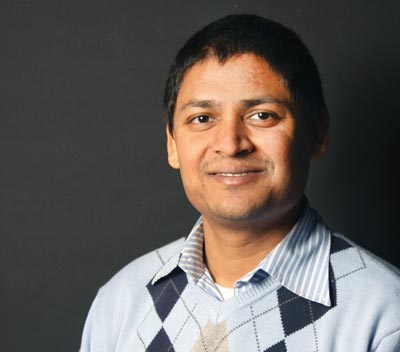
Prof. Aviral Shrivastava is Associate Professor in the School of Computing Informatics and Decision Systems Engineering at the Arizona State University. He received his Ph.D. and Masters in Information and Computer Science from University of California, Irvine, and bachelors in Computer Science and Engineering from Indian Institute of Technology, Delhi. He is the recipient of 2011 NSF CAREER Award, 2011 Outstanding Junior Researcher in CSE at ASU. He is the second most prolific author at ESWEEK in the last 5 years, and has a 6-year running streak of papers at DAC. His research lies at the intersection of compilers and architectures of embedded and multi-core systems, with the goal of improving predictability, power, performance, and reliability. His research is funded by several federal agencies including NSF, DOE, NIST, and by several companies, including Intel, Toyota, Raytheon Missile Systems. He is currently serving as an associate editor in ACM TECS and IEEE TMSCS. This year, he is also the co-chair of CODES+ISSS 2017. He serves on organizing and program committees of several top embedded system conferences, including DAC, ISLPED, CODES+ISSS, CASES and LCTES, and regularly serves on NSF and DOE review panels.
Hello,
As you know, we are using Git to manage our code etc. here at RNC lab.
To make the Git experience even more pleasurable we have had our internal GitLab server.
Now you can access GitLab anywhere in the world at this location:
https://hpc.unist.ac.kr .
It’s http over SSL, so the communication should be secure.
Also I reinforced the server with more CPU cores.
It should be reasonably responsive, though not as much as I want it to be.
Let me know if you have suggestions/issues/etc.
Happy coding!
Jongeun
Sangyun won a best paper award at the 24th Korean Conference on Semiconductors (KCS 2017) for his paper on coarse-grained reconfigurable architecture, in the category of VLSI CAD.
Congratulations and keep up the good work!
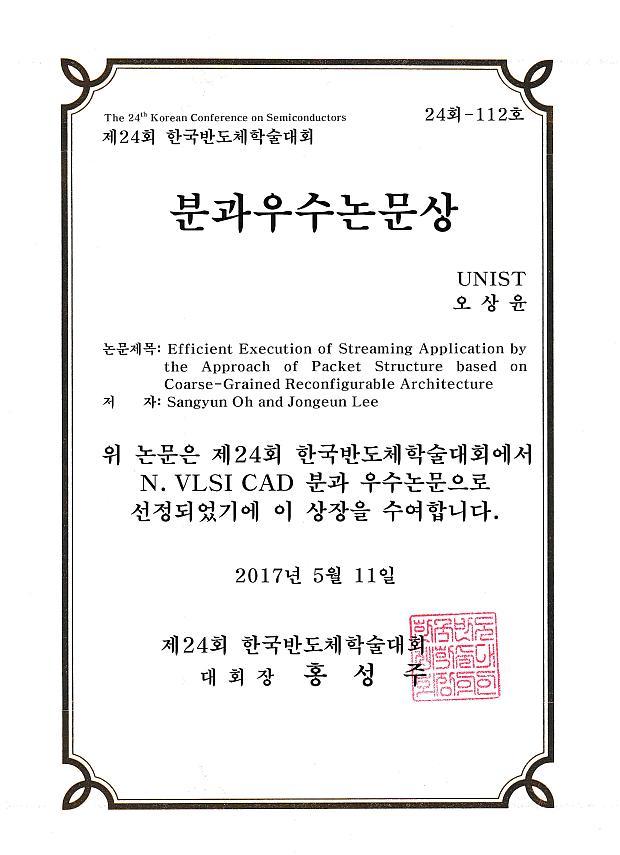
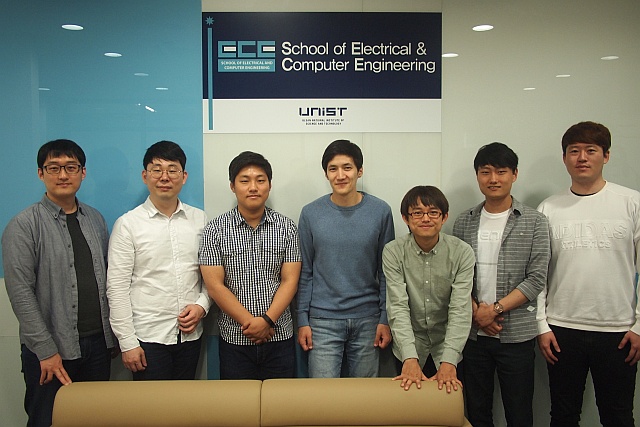

Current and former students.
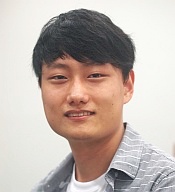
Sugil Lee
Sugil Lee joined the lab in March, 2017 as a master’s program student. He majored in mathematics at KAIST (Korea Advanced Institute of Science and Technology) with some background in computer science. He received his masters degree in computer science and engineering from UNIST in 2019, and is continuing as a Ph.D. student in the same lab. His research interests include machine learning and hardware-aware deep learning.
Congratulations!
Our paper submitted to DAC 2017 on stochastic computing based deep neural network, authored by Hyeonuk Sim and others, has been accepted for oral presentation at DAC 2017, Austin, Texas.
DAC is the premiere conference in design automation and embedded systems optimization.
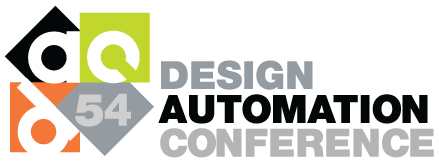
Two papers accepted to DATE 2017. One for oral presentation (first-authored by Atul Rahman), and the other for interactive presentation (first-authored by Dong Nguyen), which does get included in the proceedings though shorter in length. Congratulations!
Embedded System Design Challenge
February, 18, 2017
- What to do: Optimized design/implementation of “Faster RCNN”
- How to win: Minimize Energy Concumption
- Satisfying recognition rate constraint, and
- Satisfying real-time performance constraint
- Platform? There are two.
- Mobile AP (including mobile GPU): Odroid XU4, or
- BYOB (Bring Your Own Board): anything is okay… (Hardware/software co-design including FPGA, DSP, ASIC, etc.)
- No network connection allowed
- Prize: cash prize, internship opportunity, paper recommendation, etc.
- Interested? Apply here: https://sites.google.com/site/esdc2017/





